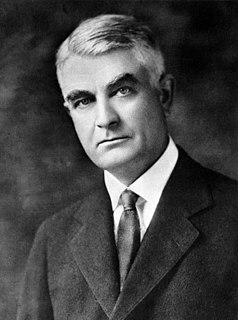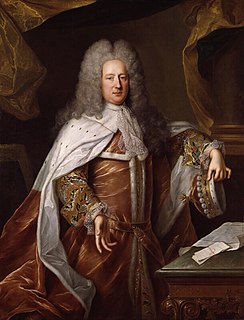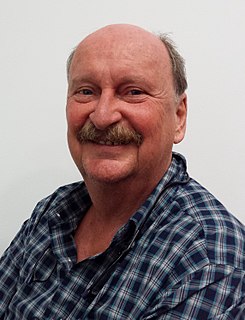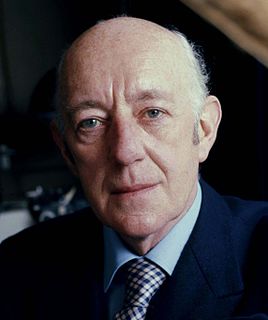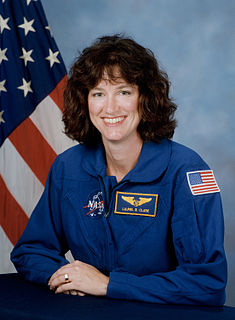A Quote by H. L. Mencken
The true aim of medicine is not to make men virtuous; it is to safeguard and rescue them from the consequences of their vices. The physician does not preach repentance; he offers absolution.
Related Quotes
There are still people who insist that we have to preach on repentance. Well, I disagree! I think we should do it God’s way – preach the goodness of God and allow the goodness of God to lead people to repentance. Such repentance will be true repentance. It will not be motivated by the fear of judgment and indignation. It will be a genuine repentance that is motivated by His grace, unconditional love and compassion. After all, our ability to love God stems from our first tasting His love for us.
You cannot preach conviction of sin unless you have suffered it. You cannot preach repentance unless you have practiced it. You cannot preach faith unless you have exercised it. True preaching is artesian; it wells up from the great depths of the soul. If Christ has not made a well within us, there will be no outflow from us.
The notion that only those who preach the gospel of integrated medicine are able to perform the art of medicine is as ridiculous as it is insulting to everyone in healthcare who does his/her best to meet the needs of their patients. The assumption that unproven or disproven treatments become acceptable simply because they are often administered in a kind and caring fashion is quite simply not true.
The true end of education is not only to make the young learned, but to make them love learning; not only to make them industrious, but to make them love industry; not only to make them virtuous, but to make them love virtue; not only to make them just, but to make them hunger and thirst after justice.
They will endure. They are better than we are. Stronger than we are. Their vices are vices aped from white men or that white men and bondage have taught them: improvidence and intemperance and evasion-not laziness: evasion: of what white men had set them to, not for their aggrandizement or even comfort but his own.
I grant this mode of secluding boys from the intercourse of private families has a tendency to make them scholars, but our business is to make them men, citizens, and Christians. The vices of young people are generally learned from each other. The vices of adults seldom infect them. By separating them from each other, therefore, in their hours of relaxation from study, we secure their morals from a principal source of corruption, while we improve their manners by subjecting them to those restraints which the difference of age and sex naturally produce in private families.

